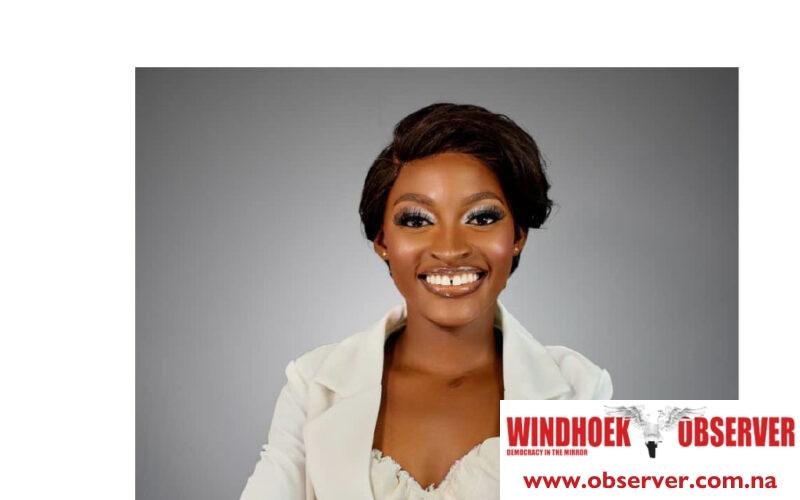Johanna Hipangelwa
An Oval Office confrontation between U.S. President Donald Trump and South African President Cyril Ramaphosa reveals powerful lessons in global diplomacy and offers timely insights for Namibia’s foreign policy strategy.
On May 21, 2025, global diplomacy took centre stage in Washington D.C. when U.S. President Donald Trump confronted South African President Cyril Ramaphosa with a controversial video alleging a so-called “white genocide” in South Africa. What was expected to be a routine bilateral discussion devolved into a dramatic and highly publicised standoff exposing both the volatility of today’s international relations and the importance of measured leadership. As the dust settles, the Oval Office exchange offers timely lessons for smaller nations like Namibia, which must navigate an increasingly unpredictable geopolitical landscape with care, principle, and strategic foresight.
At its essence, diplomacy is the art of managing relationships between nations through negotiation, tact, and mutual respect. However, in an era dominated by social media and populist rhetoric, diplomacy has also become theatre, shaped as much by viral optics and political messaging as by policy substance. Trump’s confrontation, laced with disinformation and intended more for domestic consumption than constructive dialogue, stood in sharp contrast to Ramaphosa’s calm and evidence-based rebuttal. The South African president’s response reaffirmed the traditional values of diplomacy: composure, clarity, and a long-term view grounded in facts.
For Namibia—a country respected for its peace credentials and democratic foundations—this episode should serve as both a cautionary tale and a blueprint. One critical lesson is the importance of preparedness. Ramaphosa was blindsided by an issue not on the official agenda, yet he responded with strategic readiness. Namibian diplomats must be trained to expect the unexpected, especially in engagements with more powerful nations where rules of decorum are not always honoured. This calls for enhanced diplomatic training, real-time intelligence support, and confidence under pressure.
Equally vital is the ability to defend truth with calm authority. Ramaphosa’s strength was not in emotional rhetoric but in presenting facts about crime statistics, land reform, and constitutional protections. As Namibia faces growing scrutiny on issues such as governance, development, and land use, our leaders must adopt a disciplined approach to international discourse. Emotional restraint combined with accurate, verifiable data will always win over reactionary responses.
The Oval Office clash also revealed the evolving role of public diplomacy. In an age of instant headlines and global audiences, diplomacy no longer happens only behind closed doors. Ramaphosa’s every word was broadcast, dissected, and reinterpreted. Namibia must therefore adopt a proactive approach to managing its global image when engaging with international media, training diplomats for public communication, and owning its national narrative. In today’s world, perception can shape policy outcomes.
Most importantly, the encounter underscores the need for African nations to assert their agency. Ramaphosa did not defer, apologise, or seek validation. He defended his nation’s truth and dignity. Namibia must continue to push back against outdated narratives that portray African countries as weak or dependent. Our foreign policy must be rooted in confidence, championing our development agenda, defending democratic institutions, and engaging as equals on the world stage.
The Oval Office incident was more than an awkward diplomatic moment; it was a mirror reflecting a new era of global politics, one where power plays are public, facts are contested, and African voices must rise with clarity and purpose. Namibia’s future on the international stage will depend not only on principled leadership but also on strategic communication and the courage to speak boldly in defence of truth and sovereignty.
*Johanna Hipangelwa is a political scientist and a master’s candidate in public policy and management. She is passionate about African diplomacy, democratic governance, and international relations.



